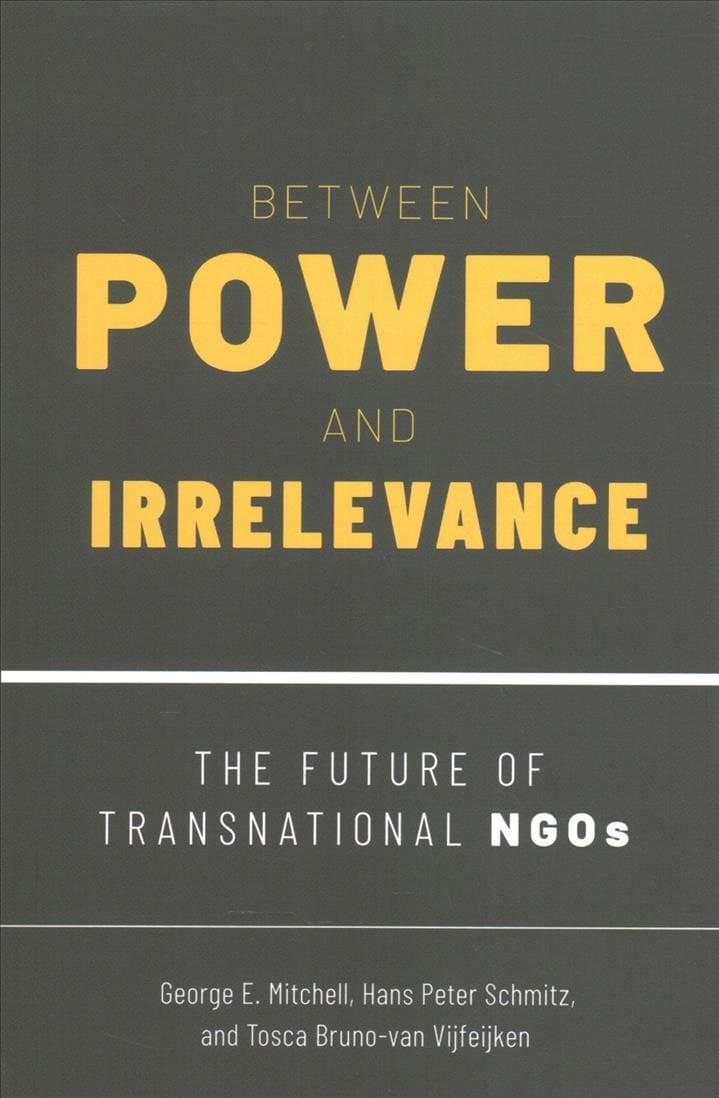Geopolitical shifts, increasing demands for accountability, and growing competition have been driving the need for change within the TNGO sector. Additionally, TNGOs have been embracing more transformative strategies aimed at the root causes, not just the symptoms, of societal problems. As the world has changed and TNGOs’ ambitions have expanded, the roles of TNGOs have begun to shift and their work has become more complex. To remain effective, legitimate, and relevant in the future necessitates organizational changes and investments in new capabilities. However, many organizations have been slow to adapt. As a result, TNGOs’ rhetoric of sustainable impact and transformative change has far outpaced the reality of their limited abilities to deliver on their promises. This book frankly explores why this gap between rhetoric and reality exists and what TNGOs can do individually and collectively to close it. In short, TNGOs need to change the fundamental conditions under which they themselves operate by bringing their own ‘forms and norms’ into better alignment with their contemporary ambitions and strategies–












